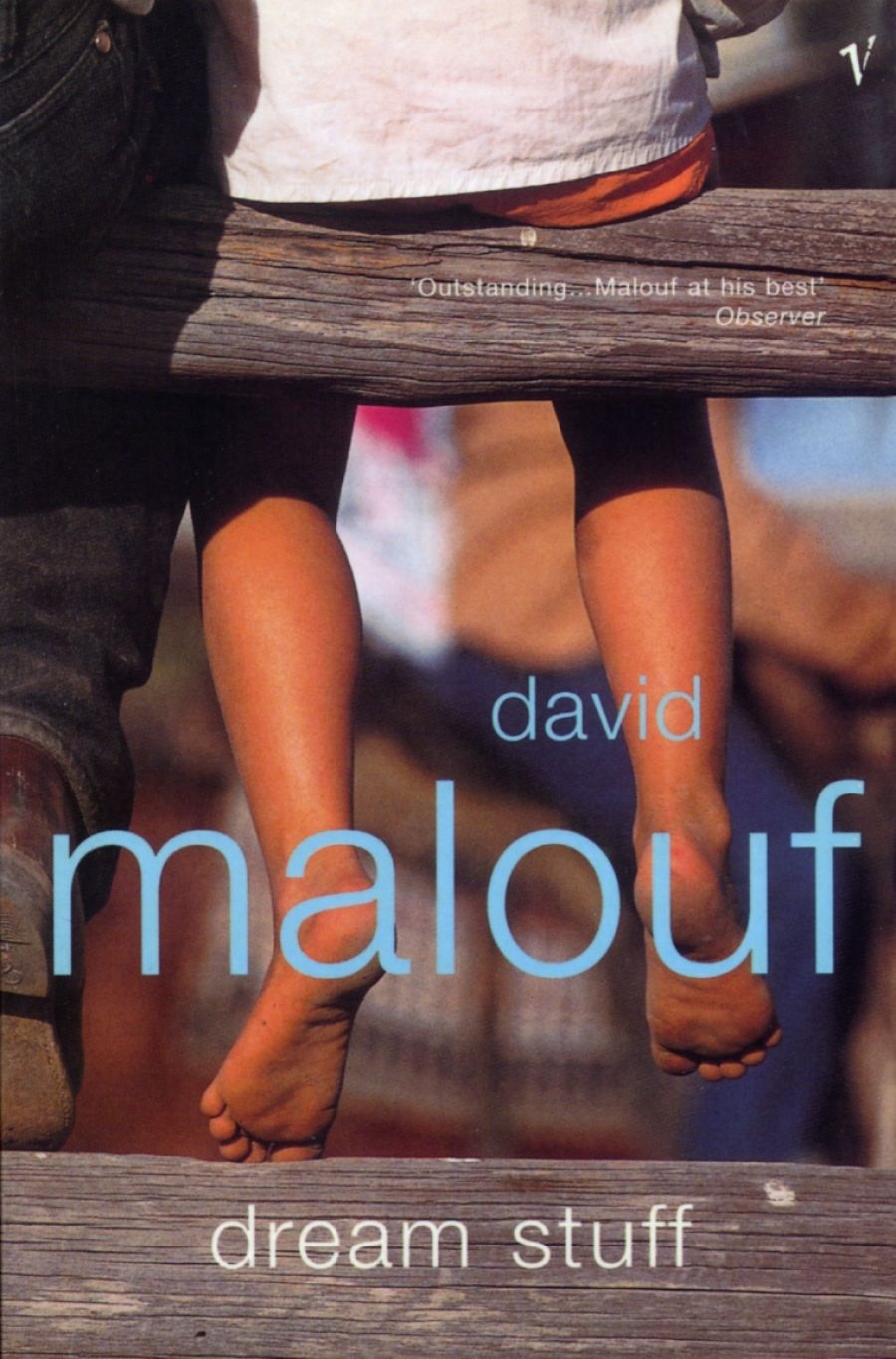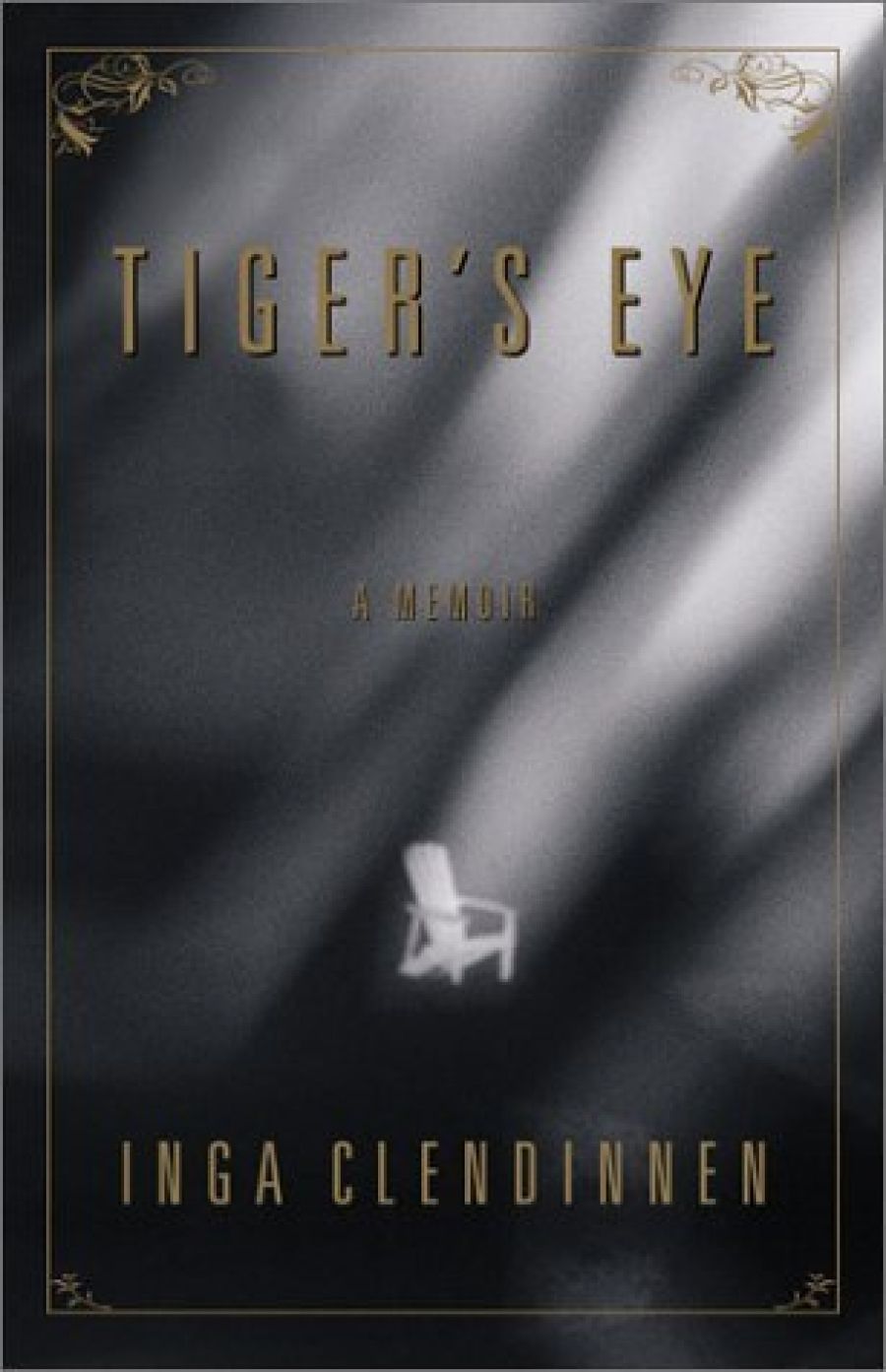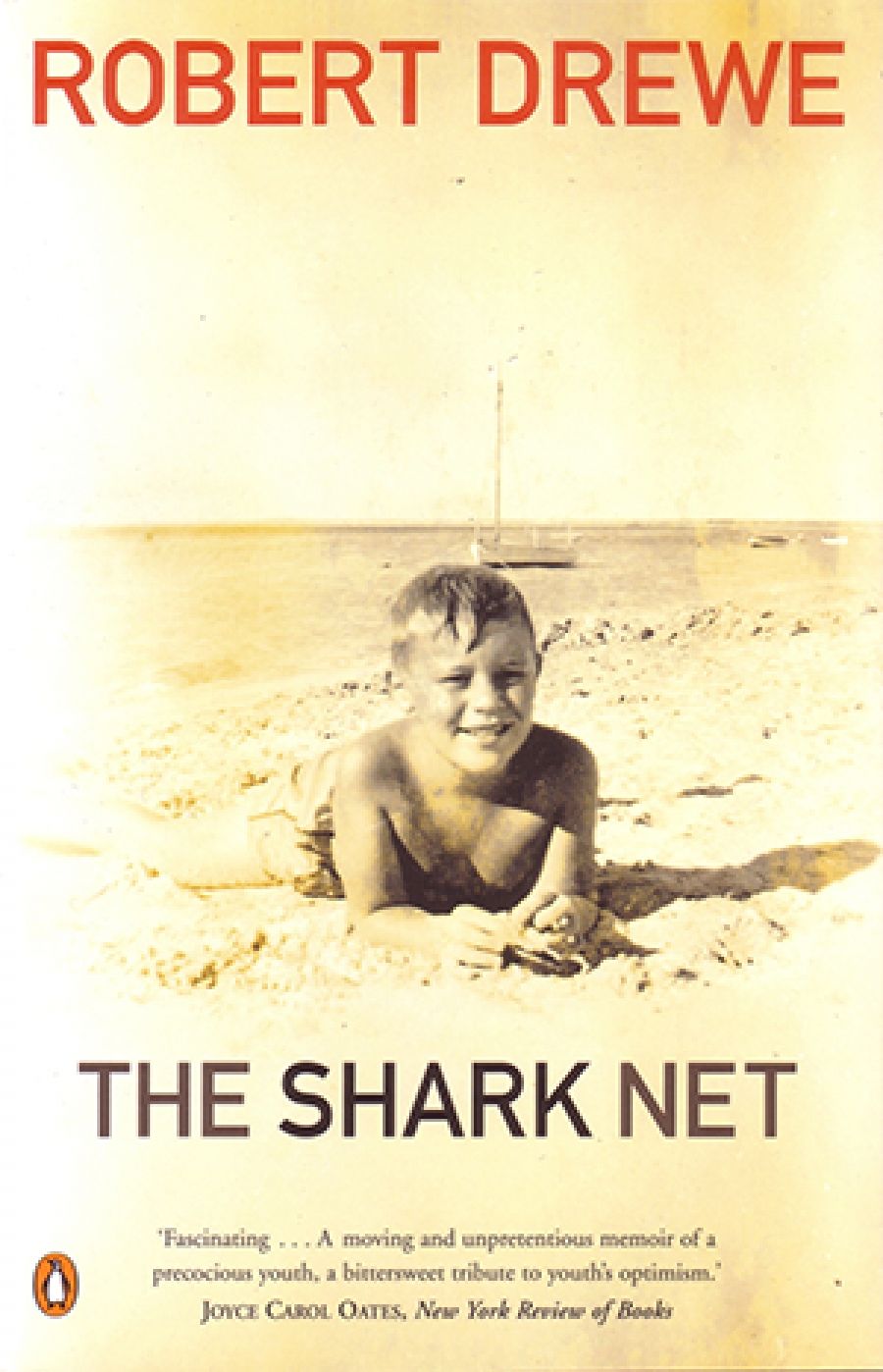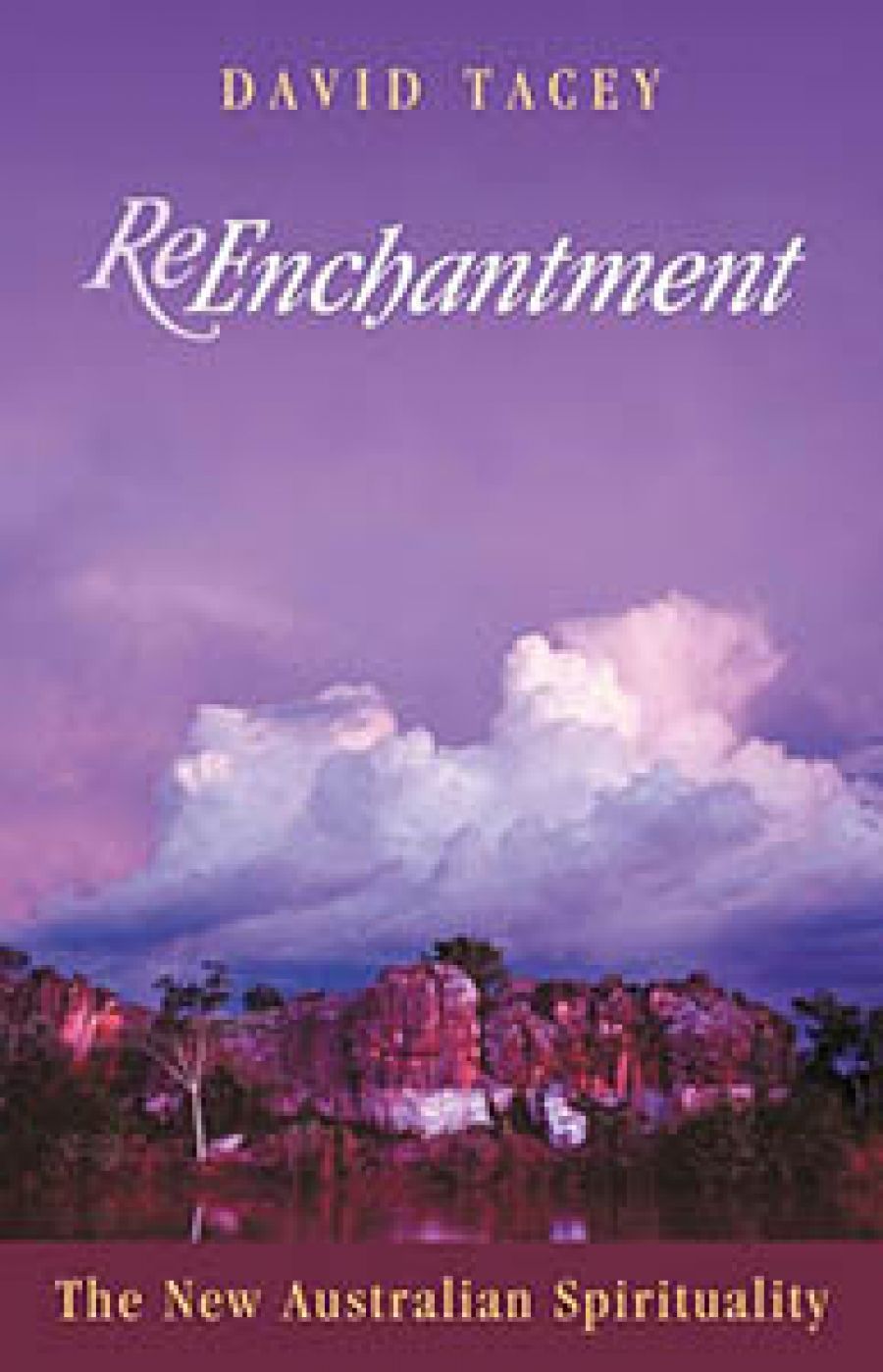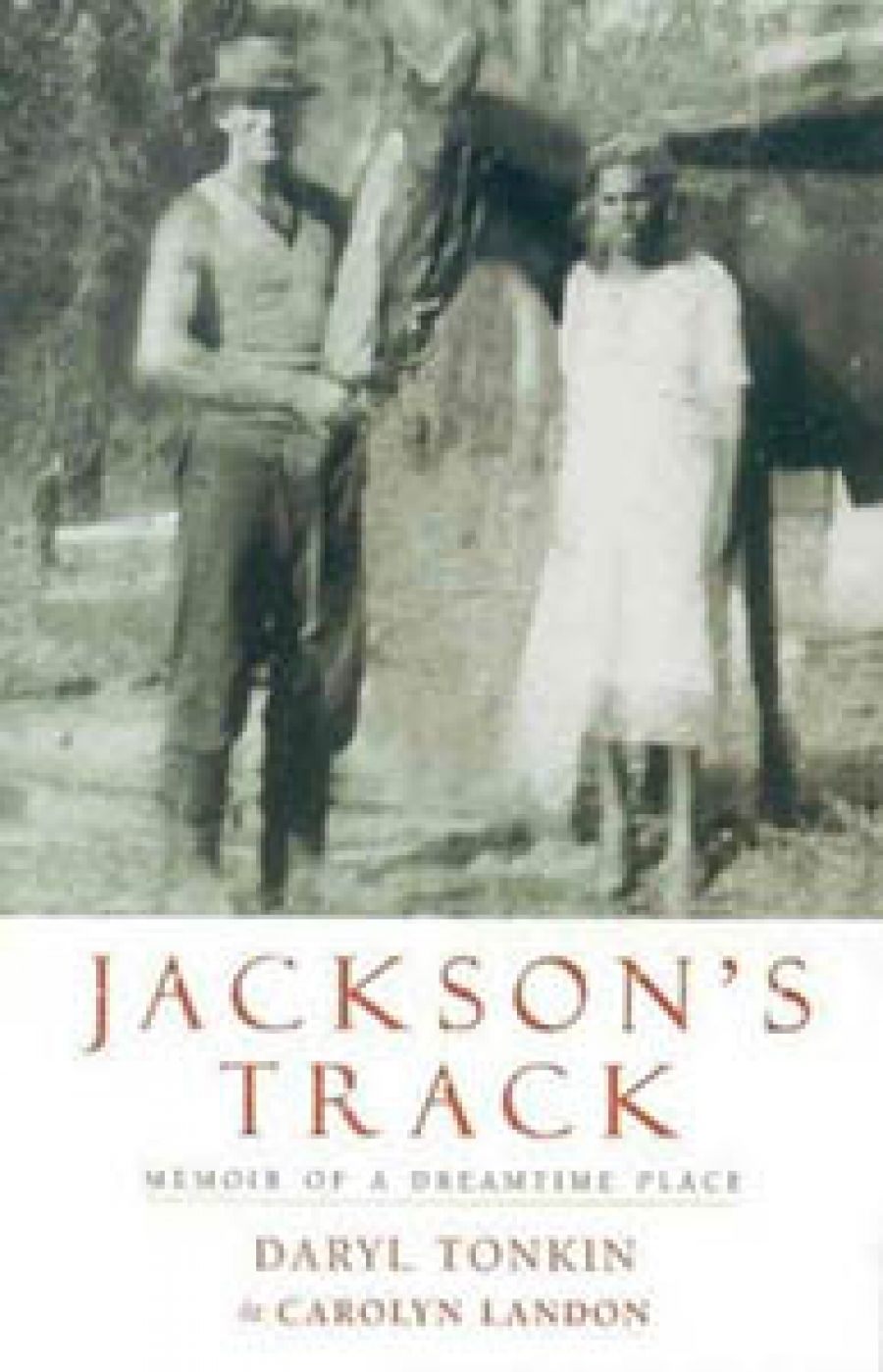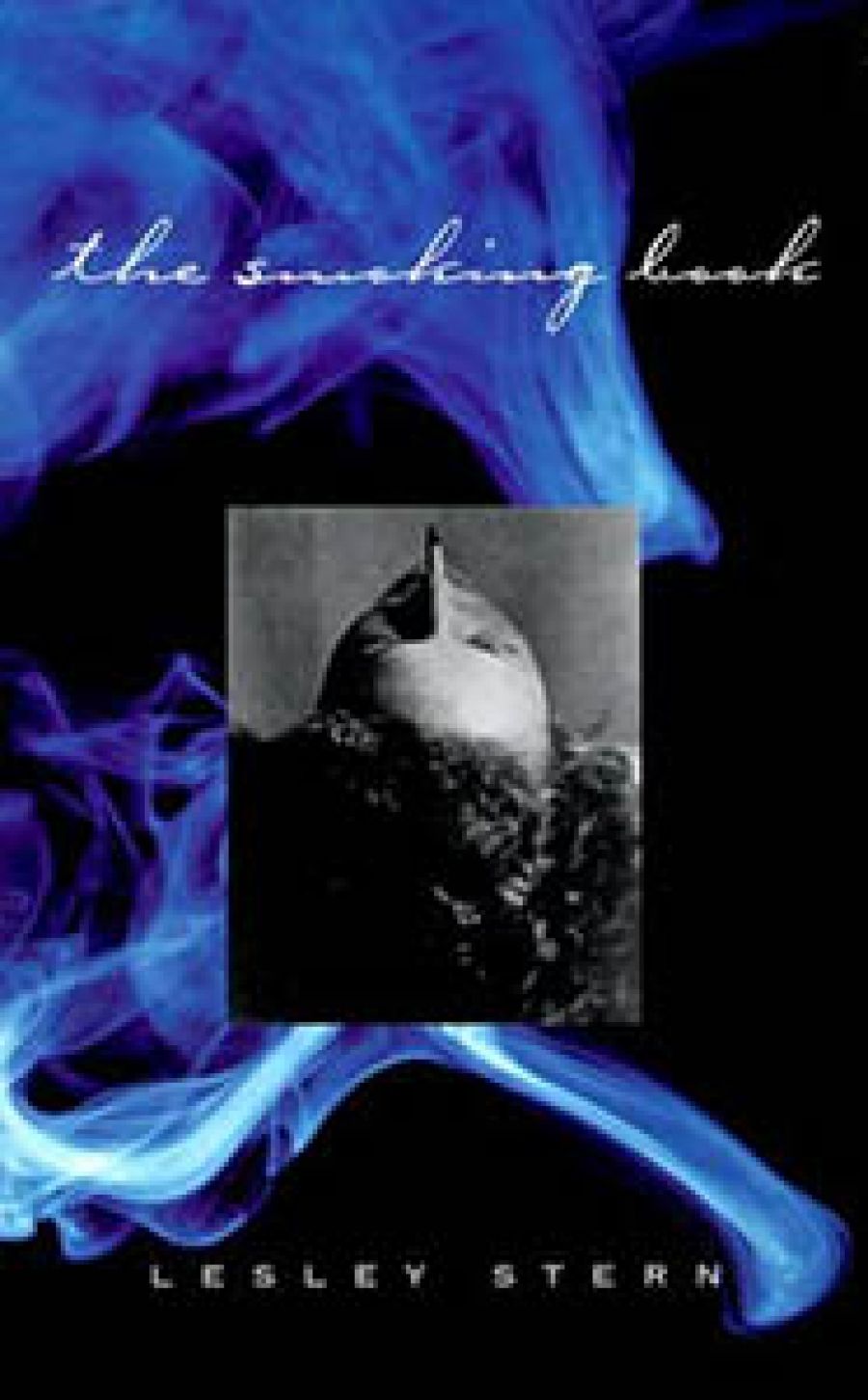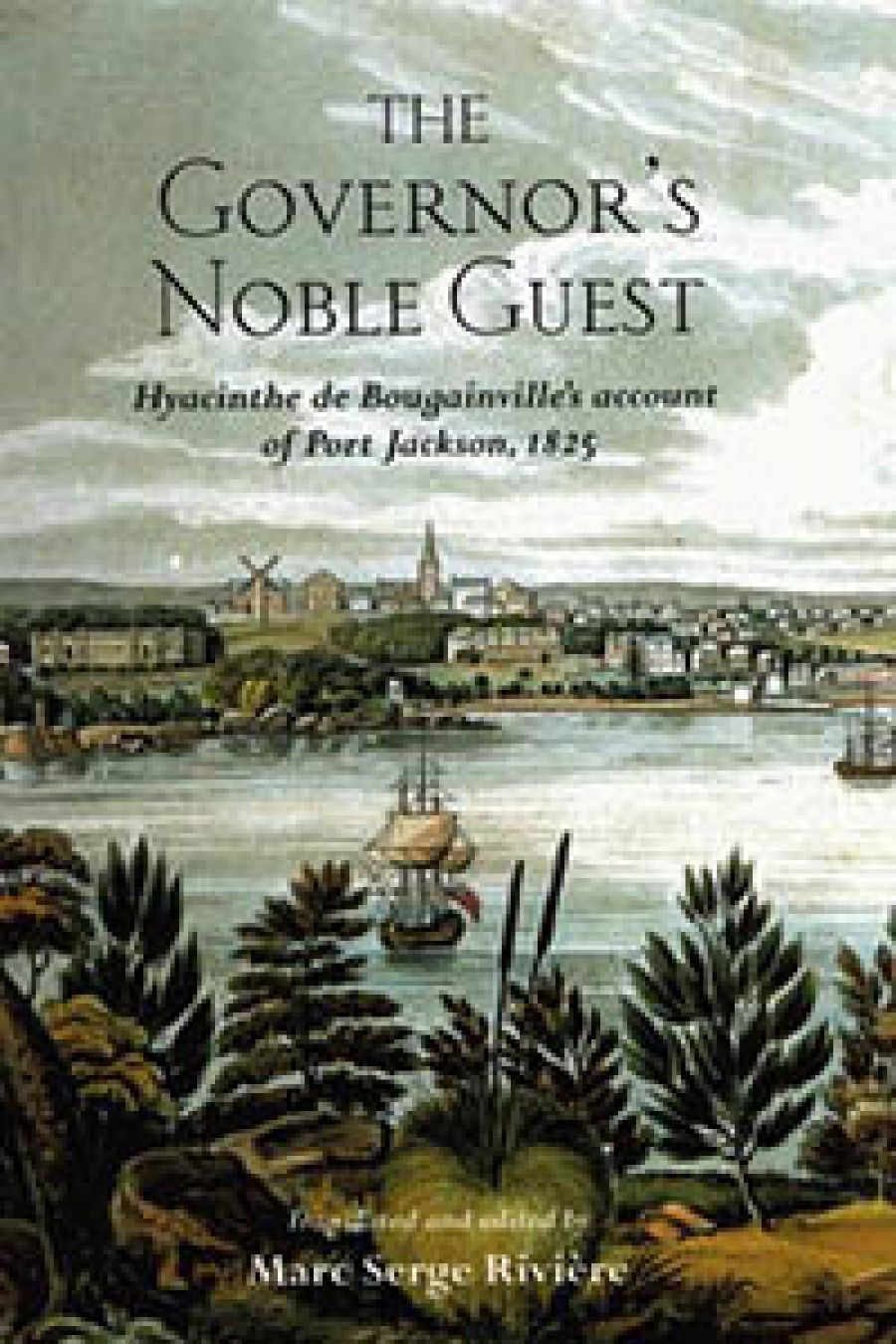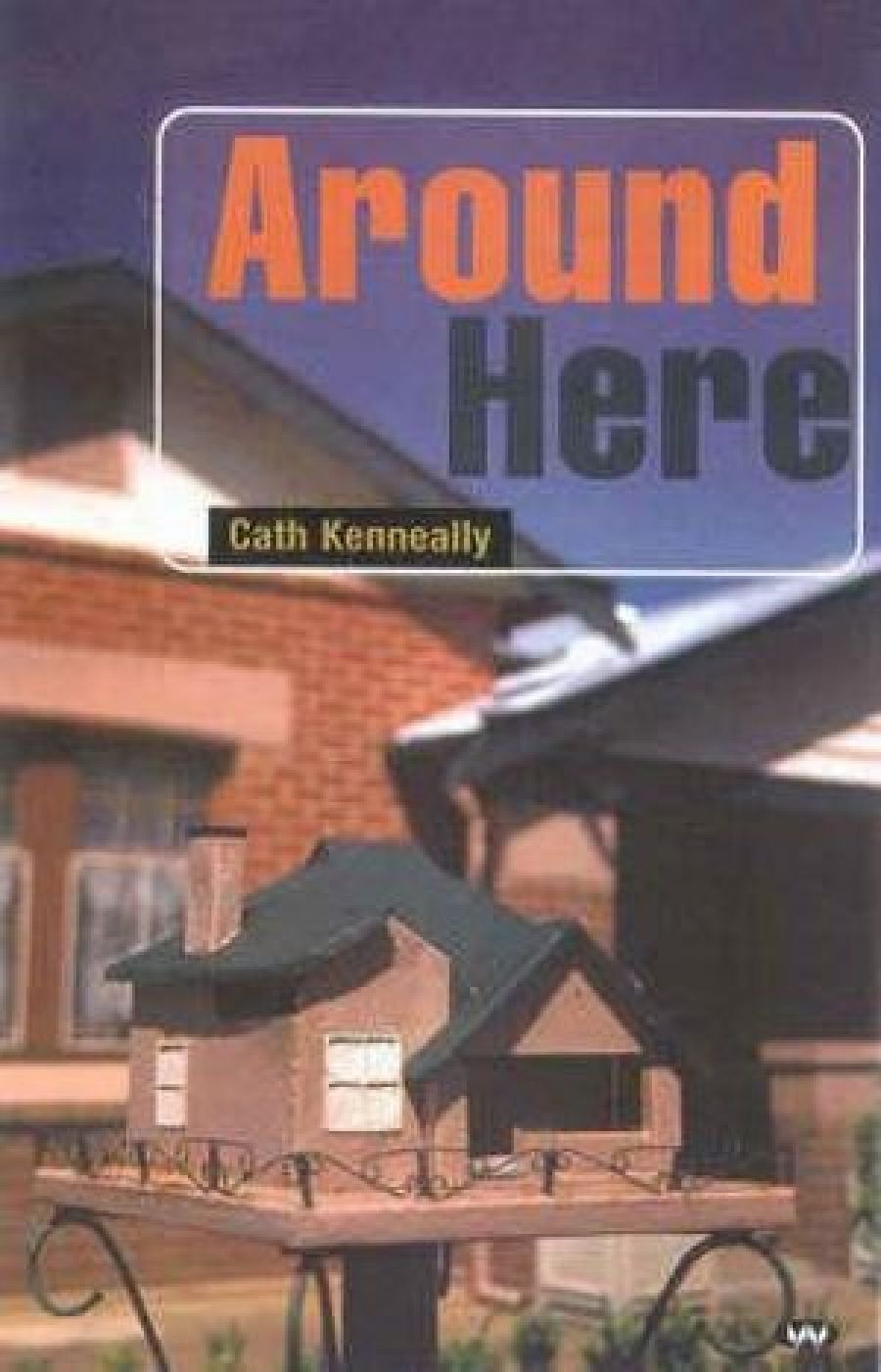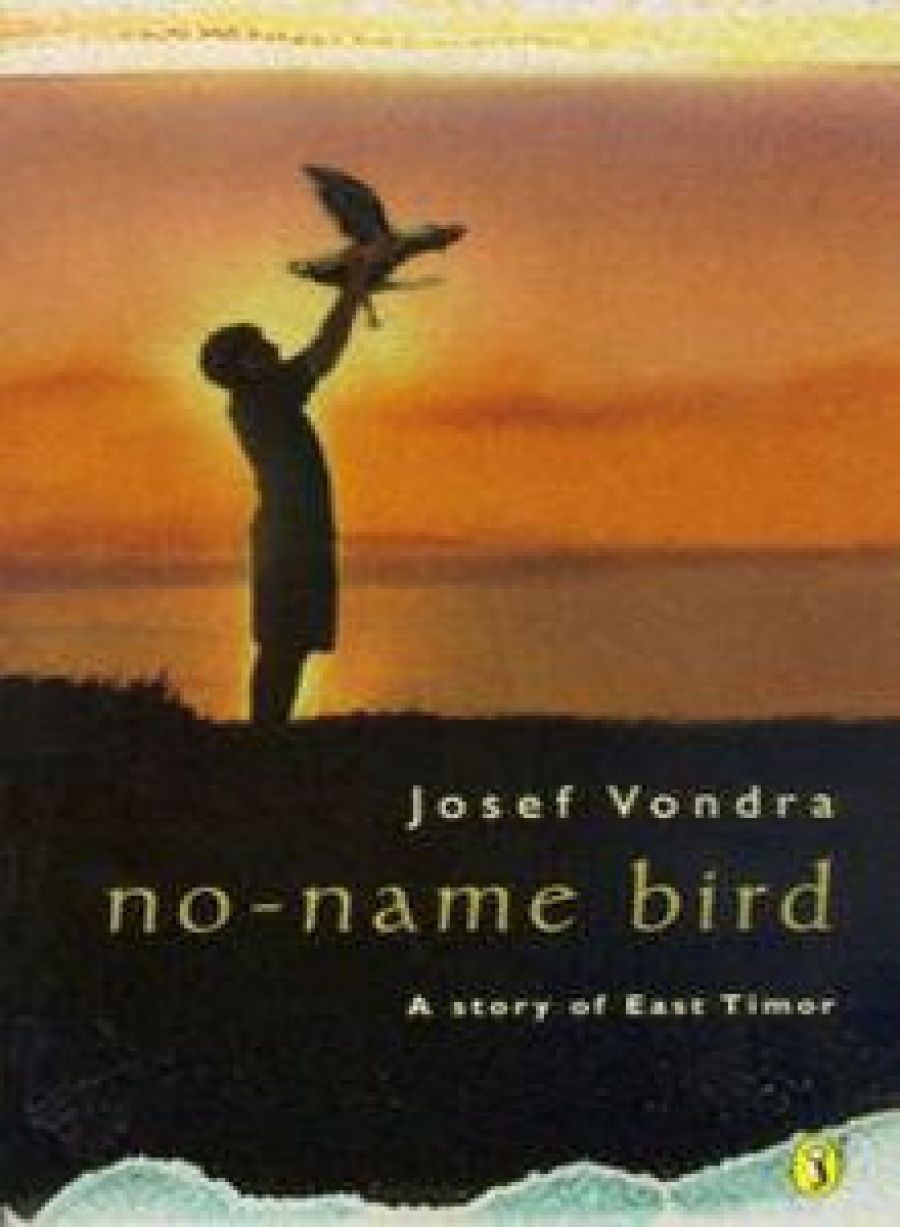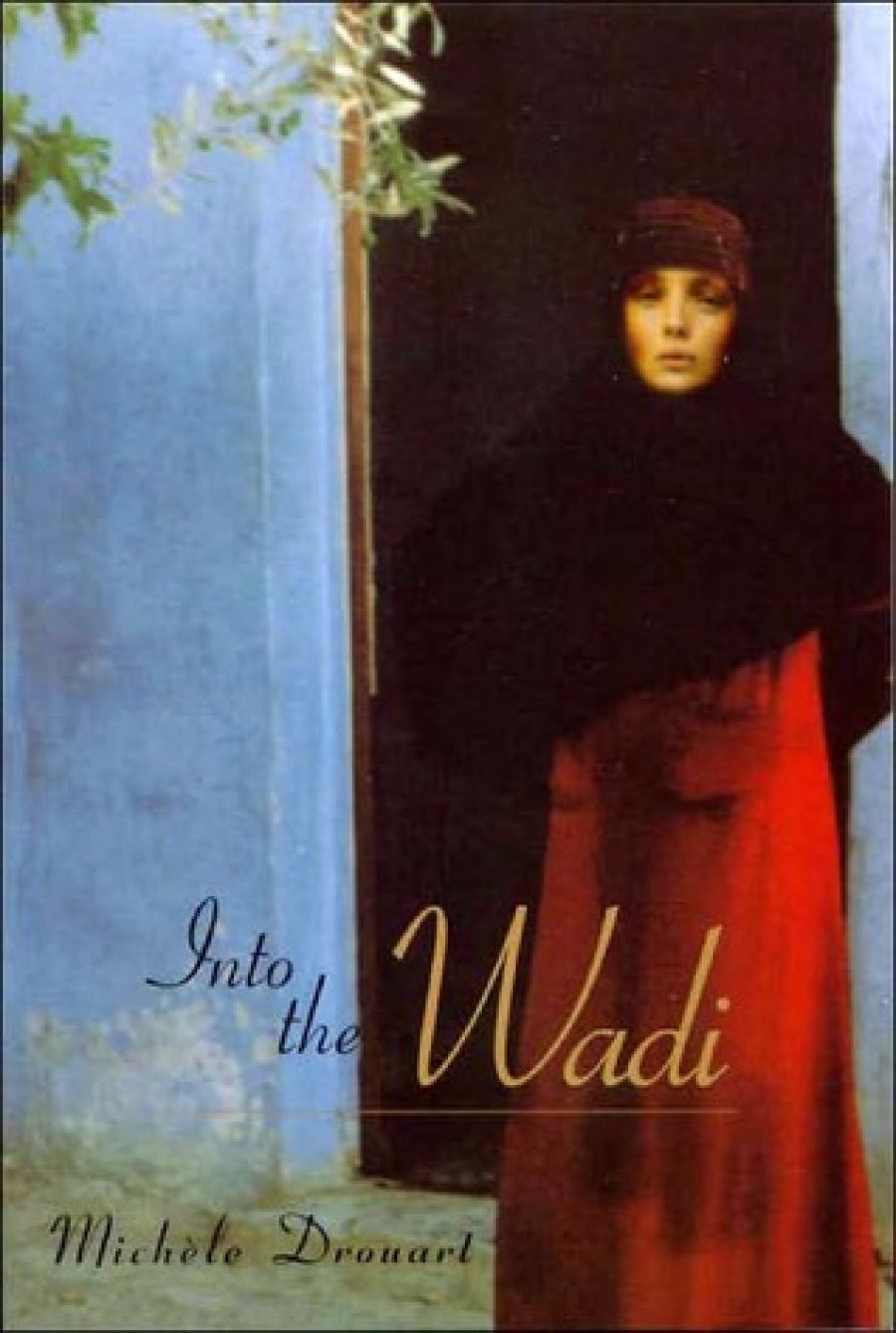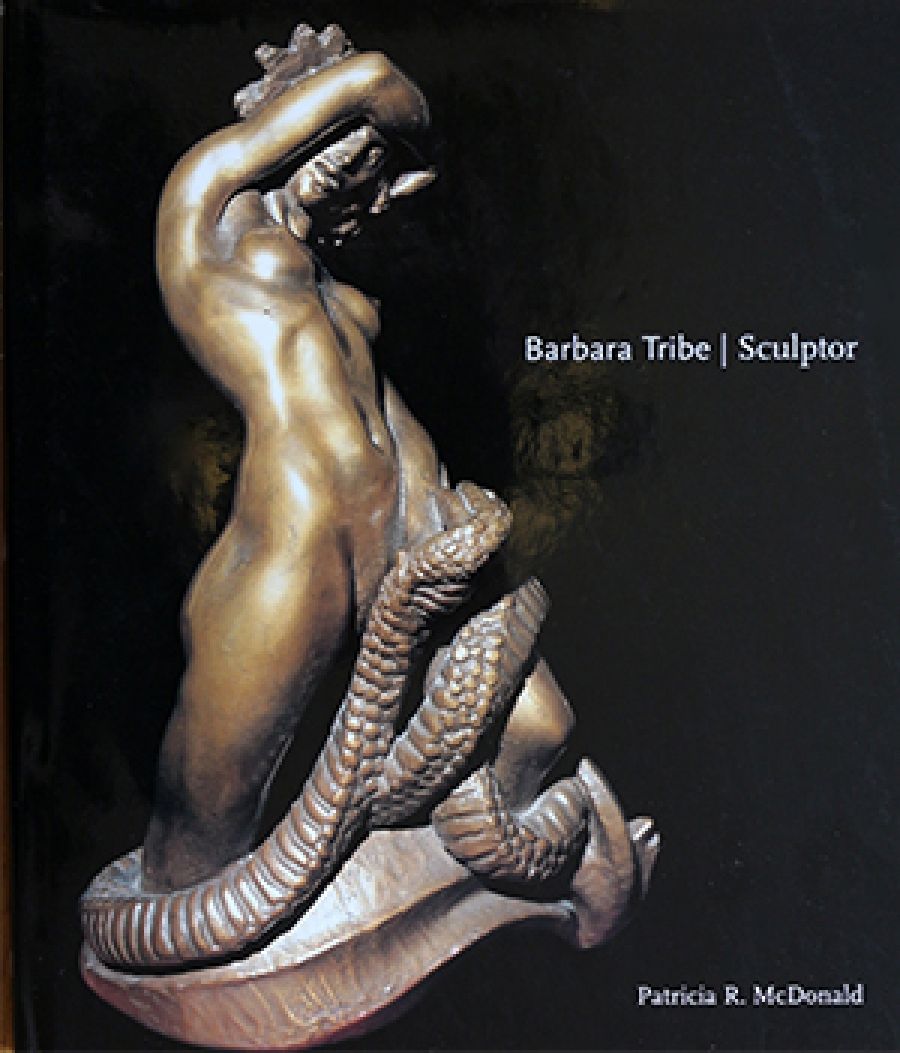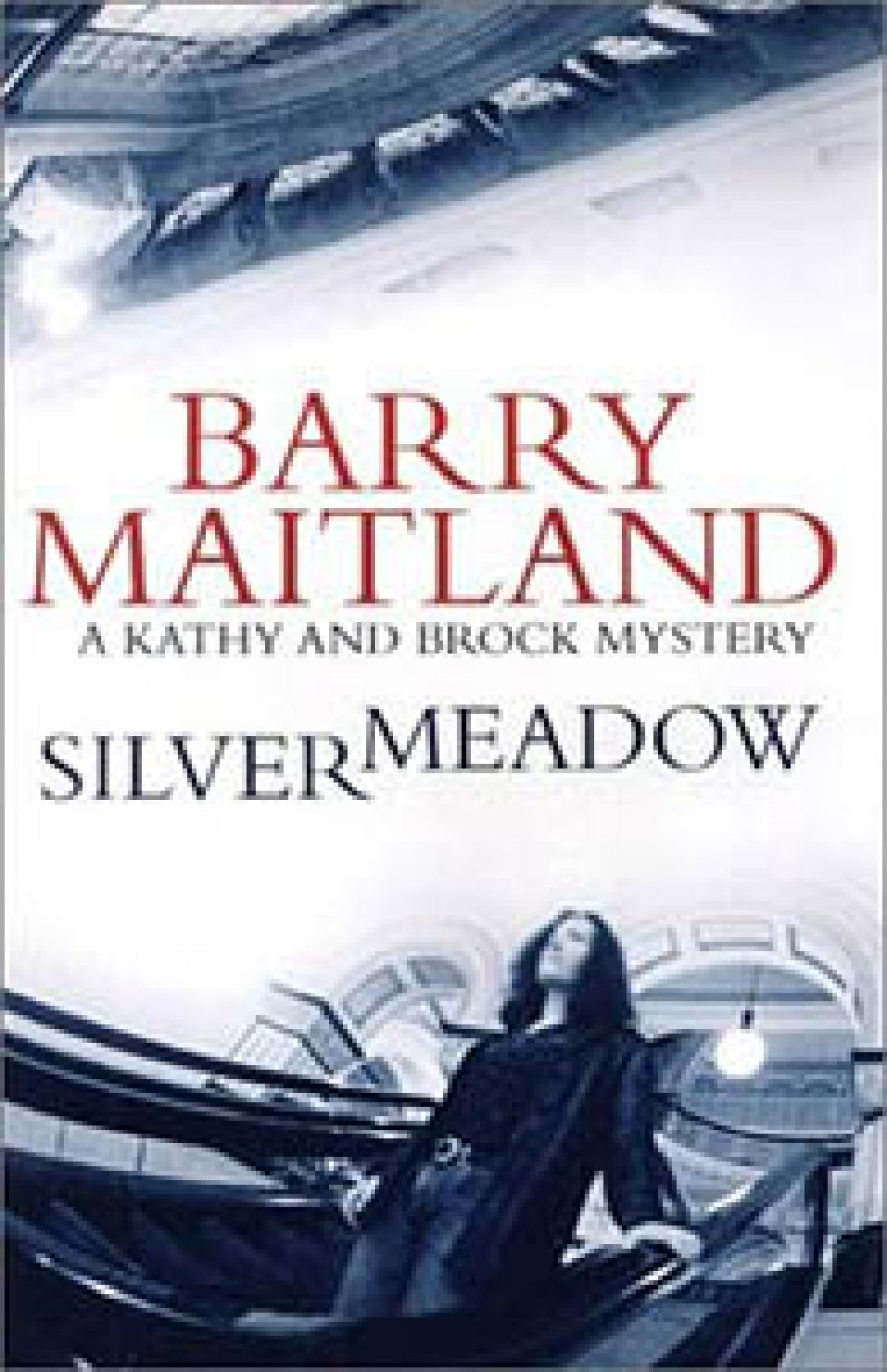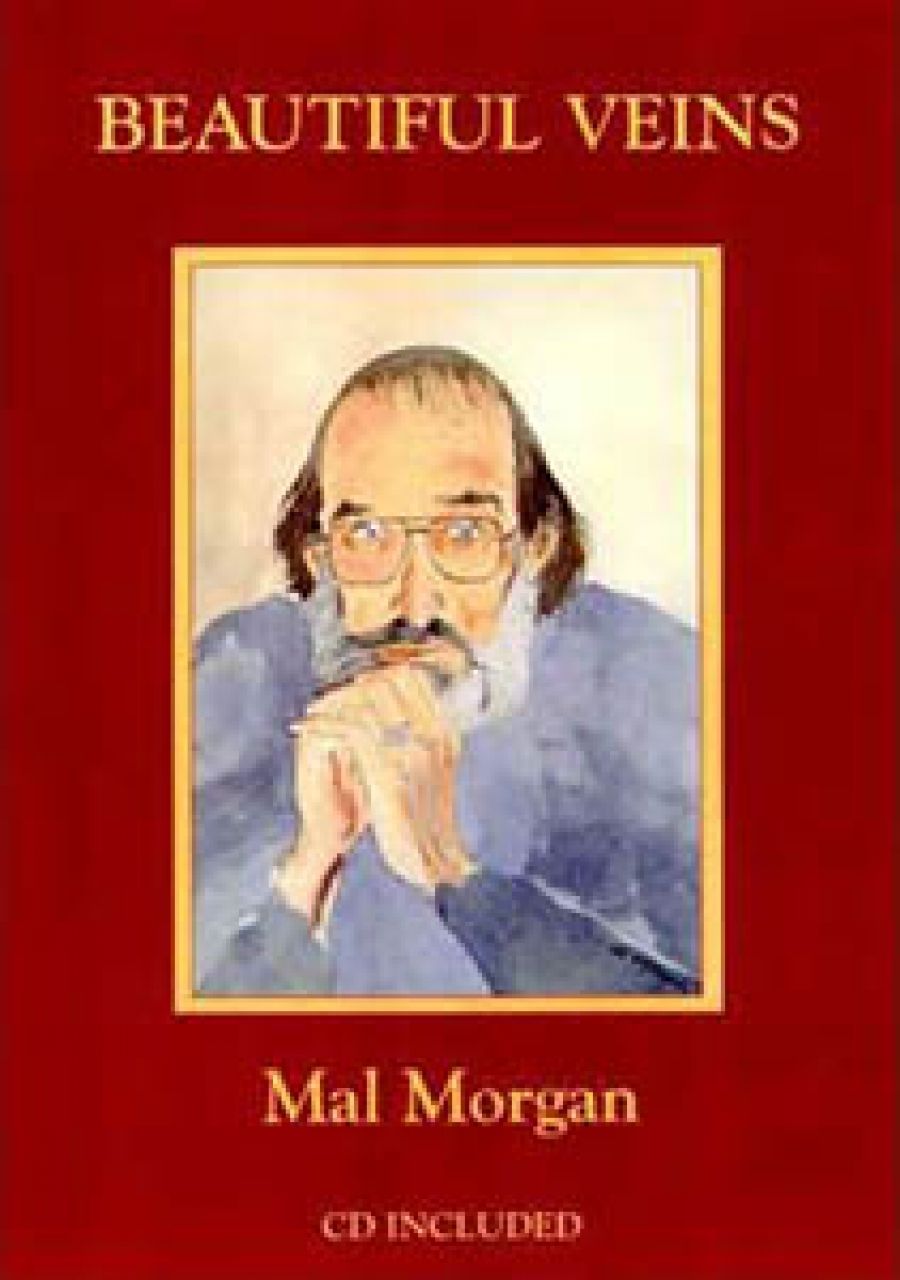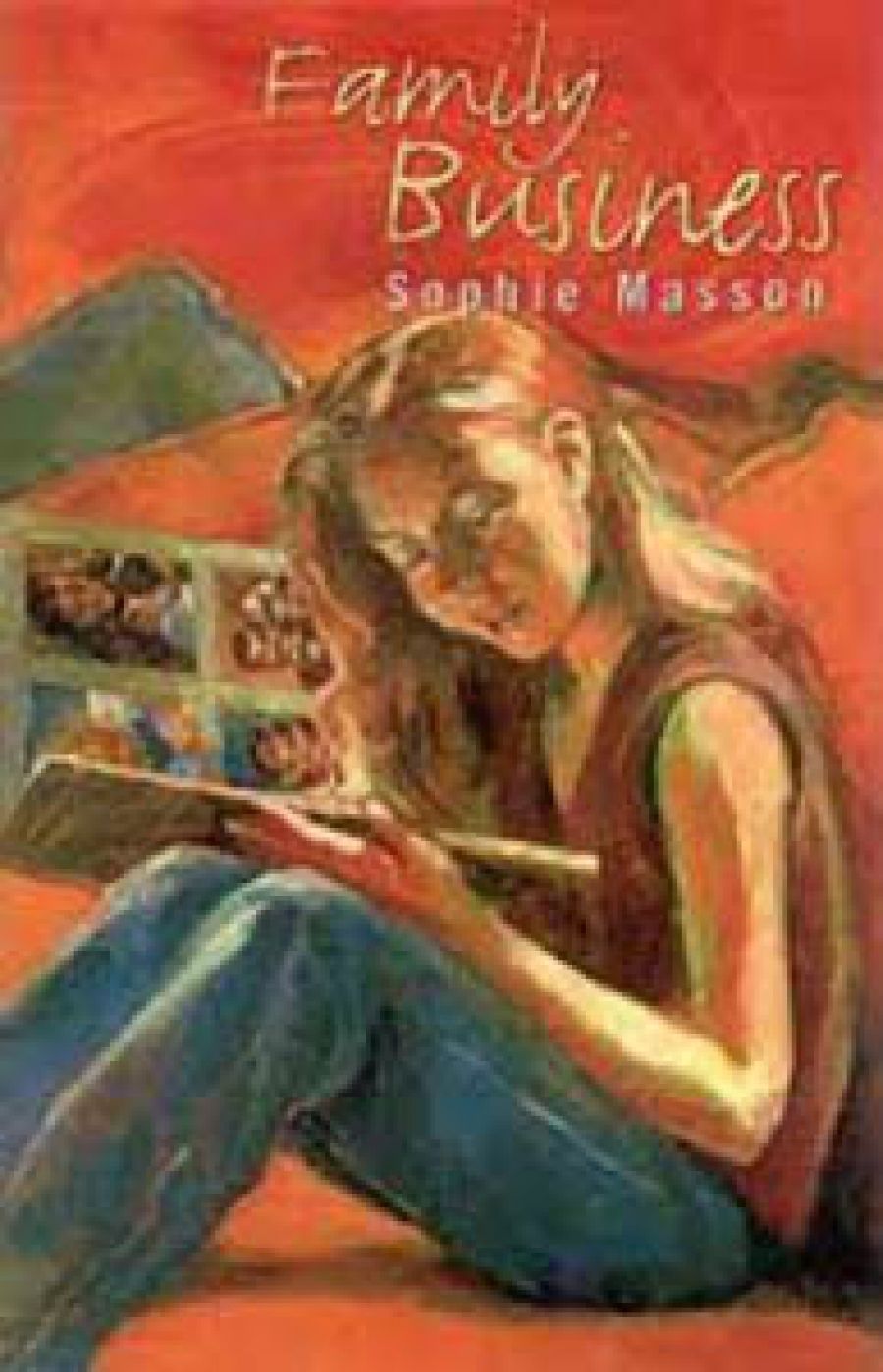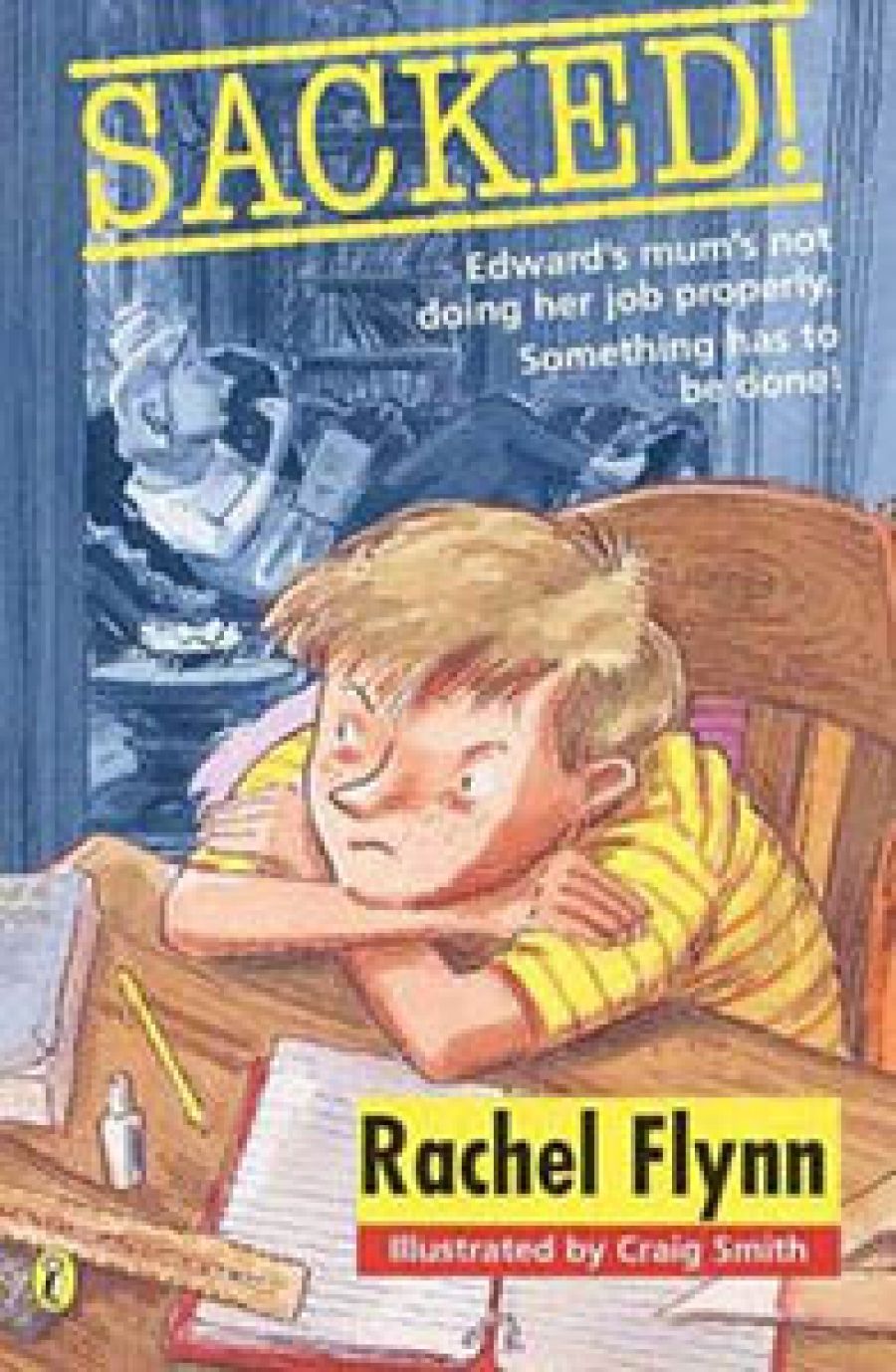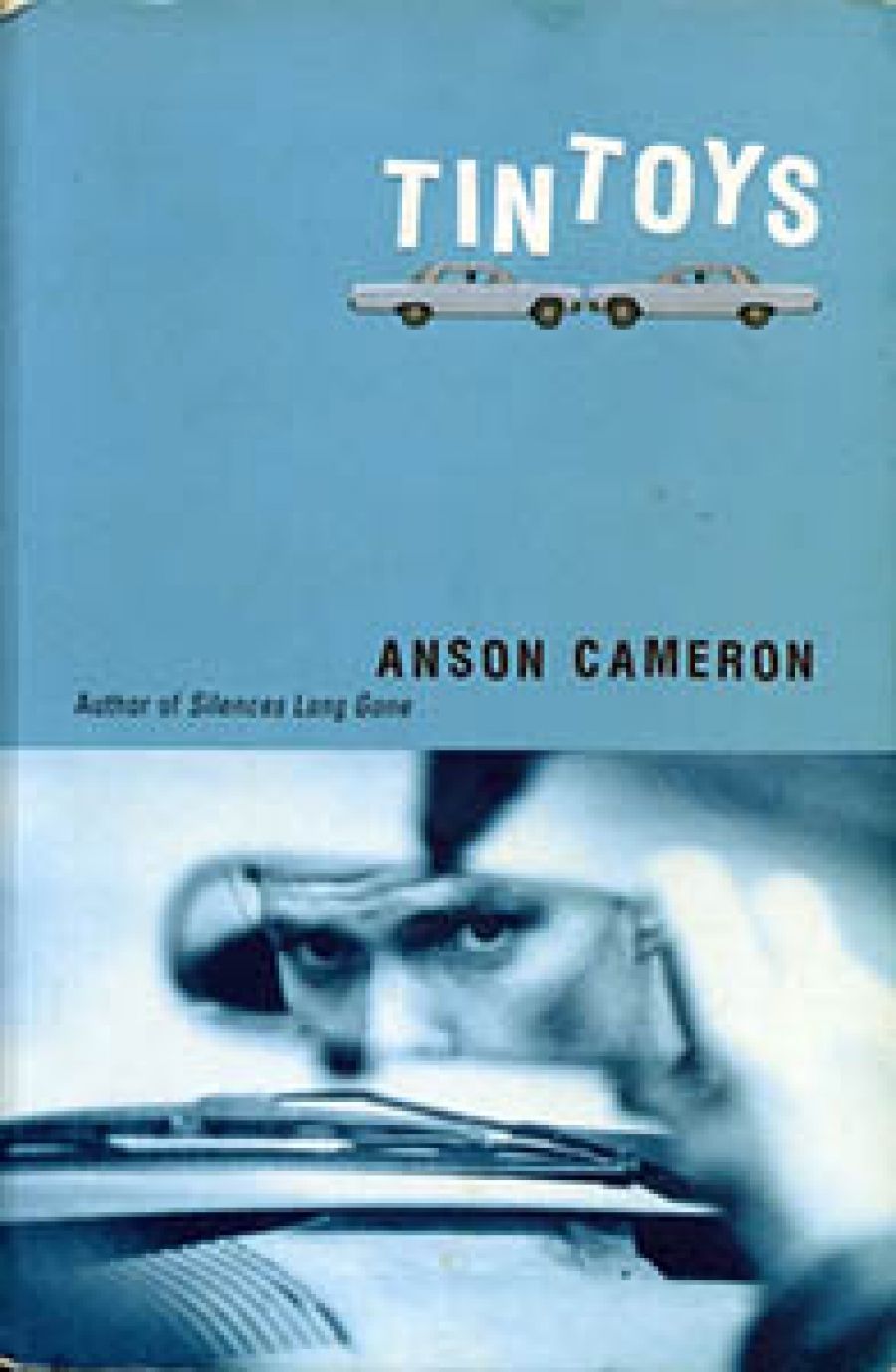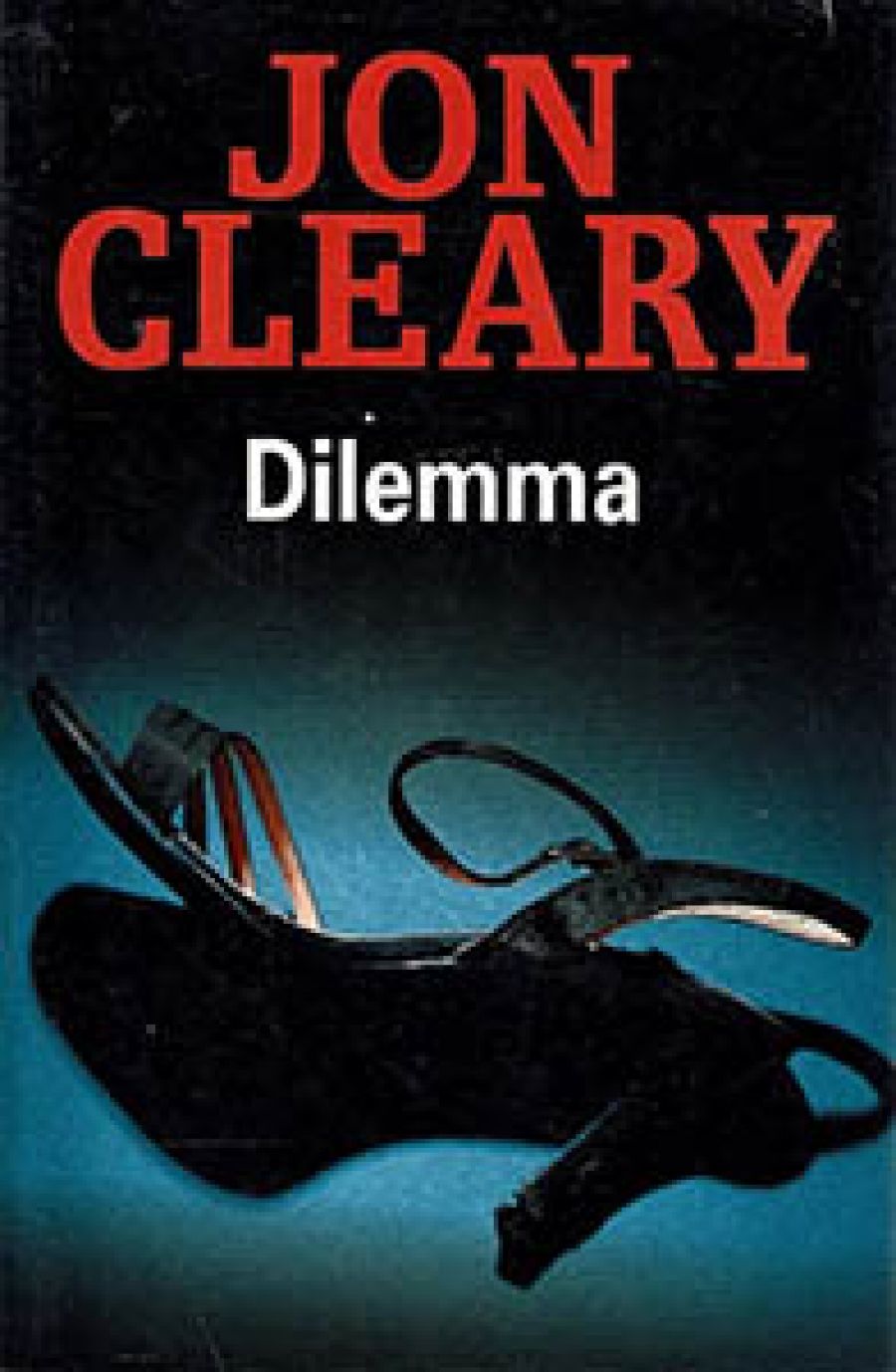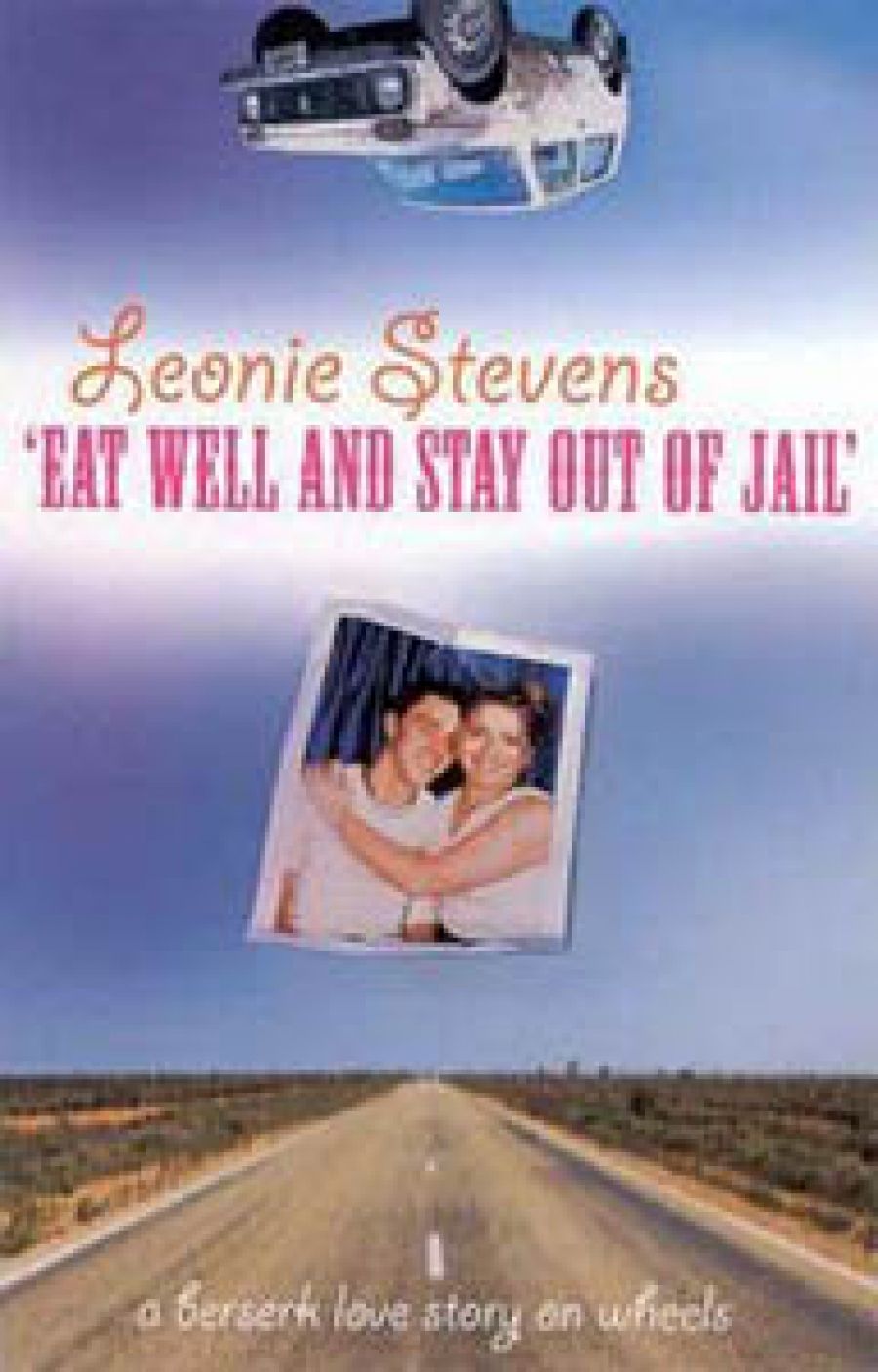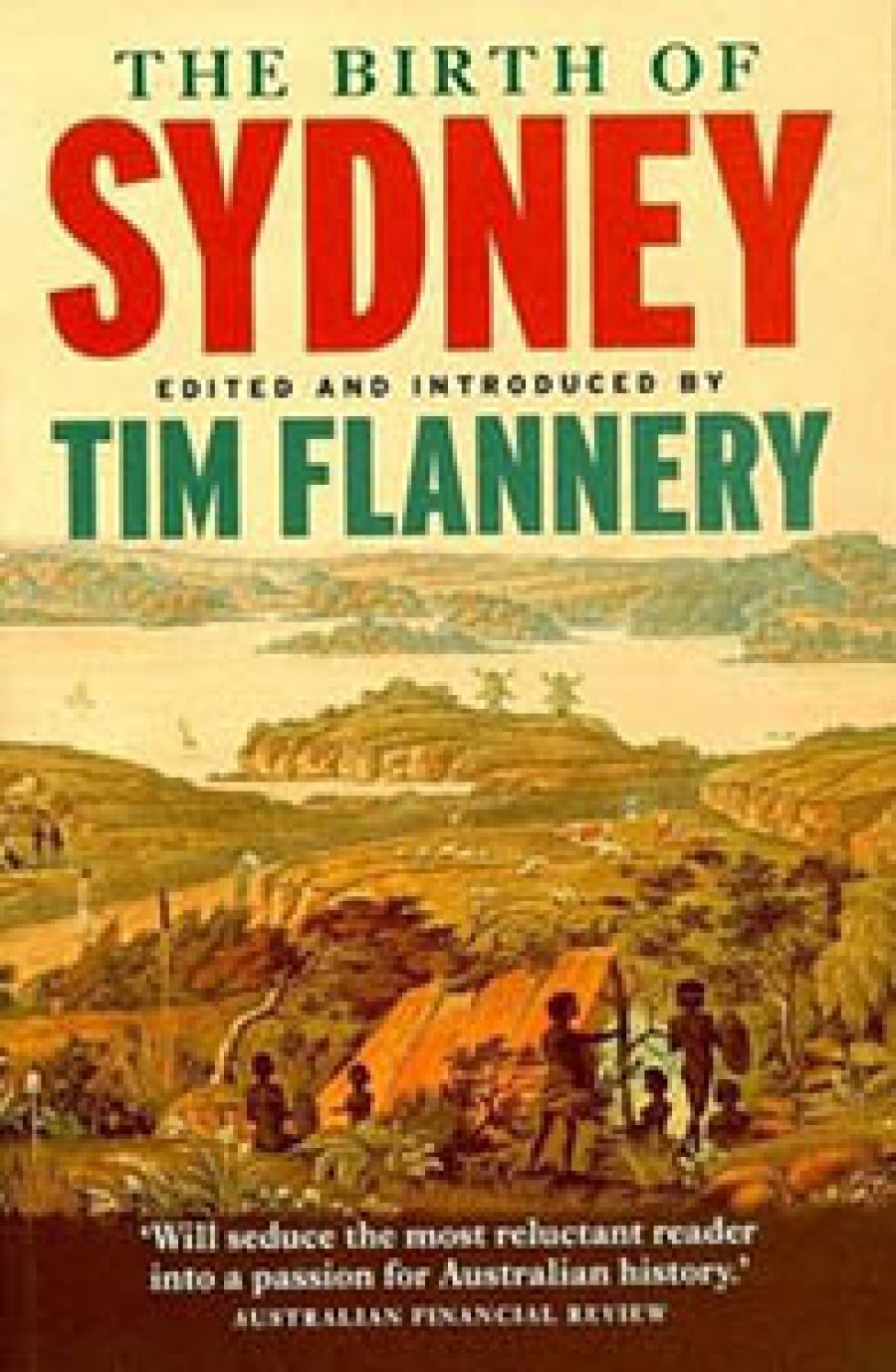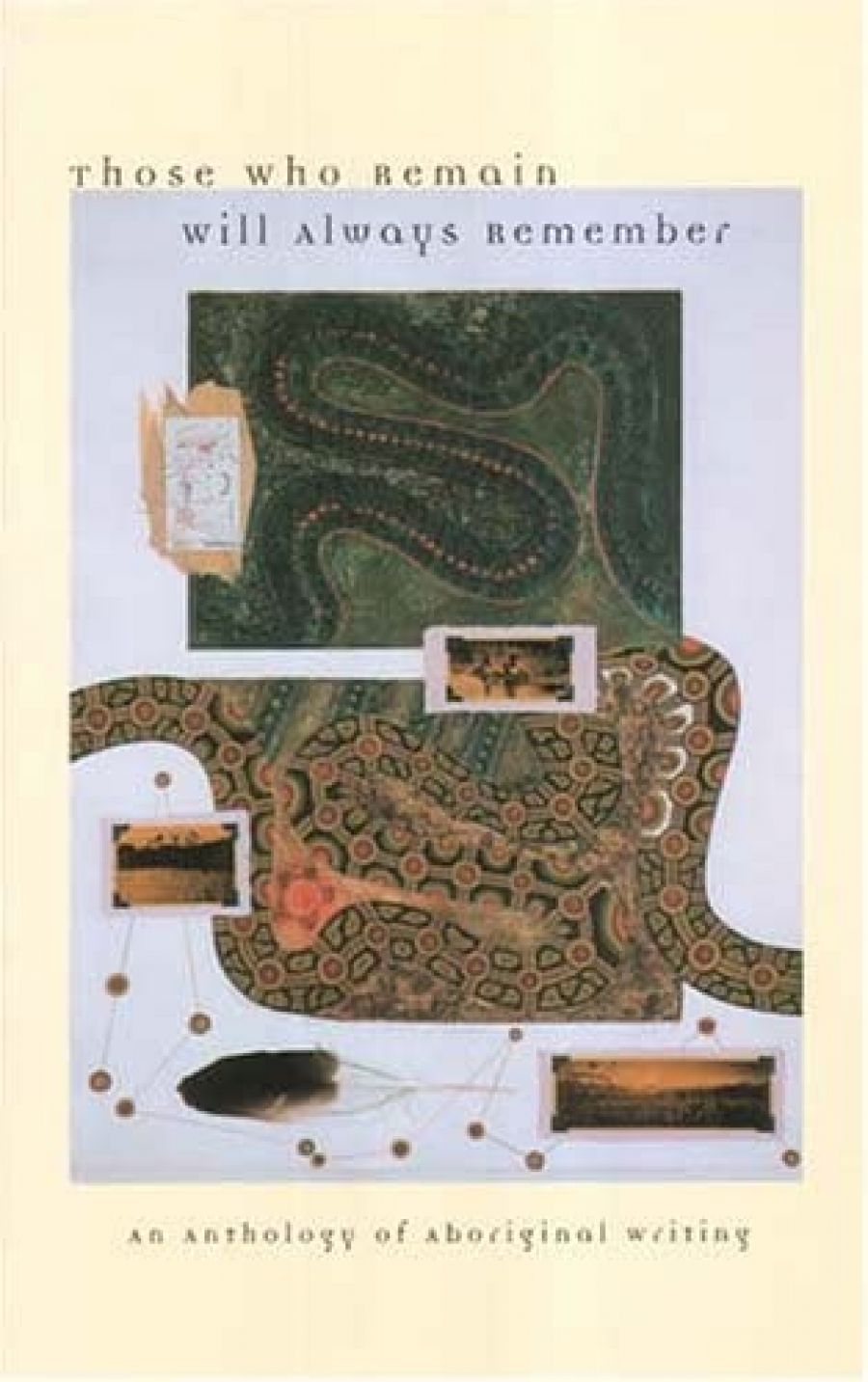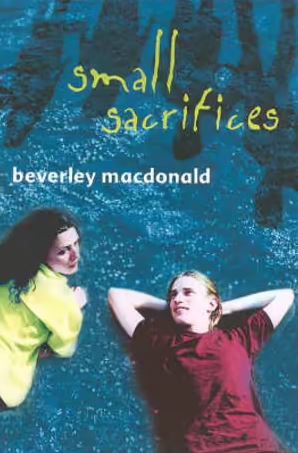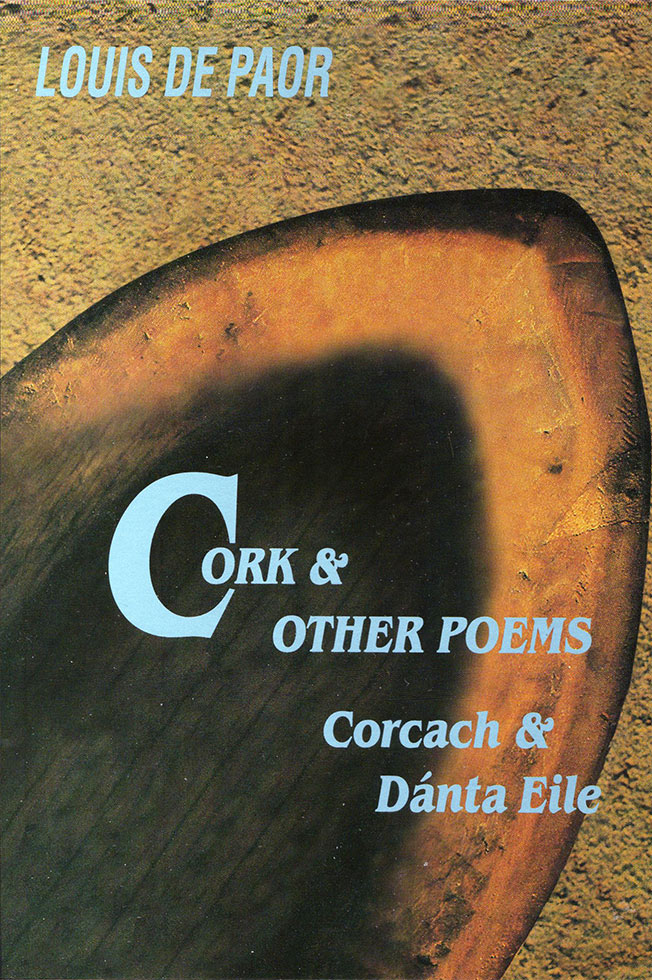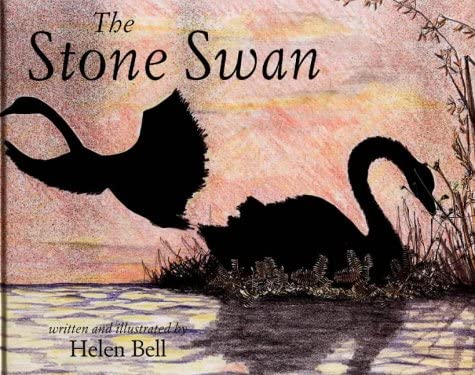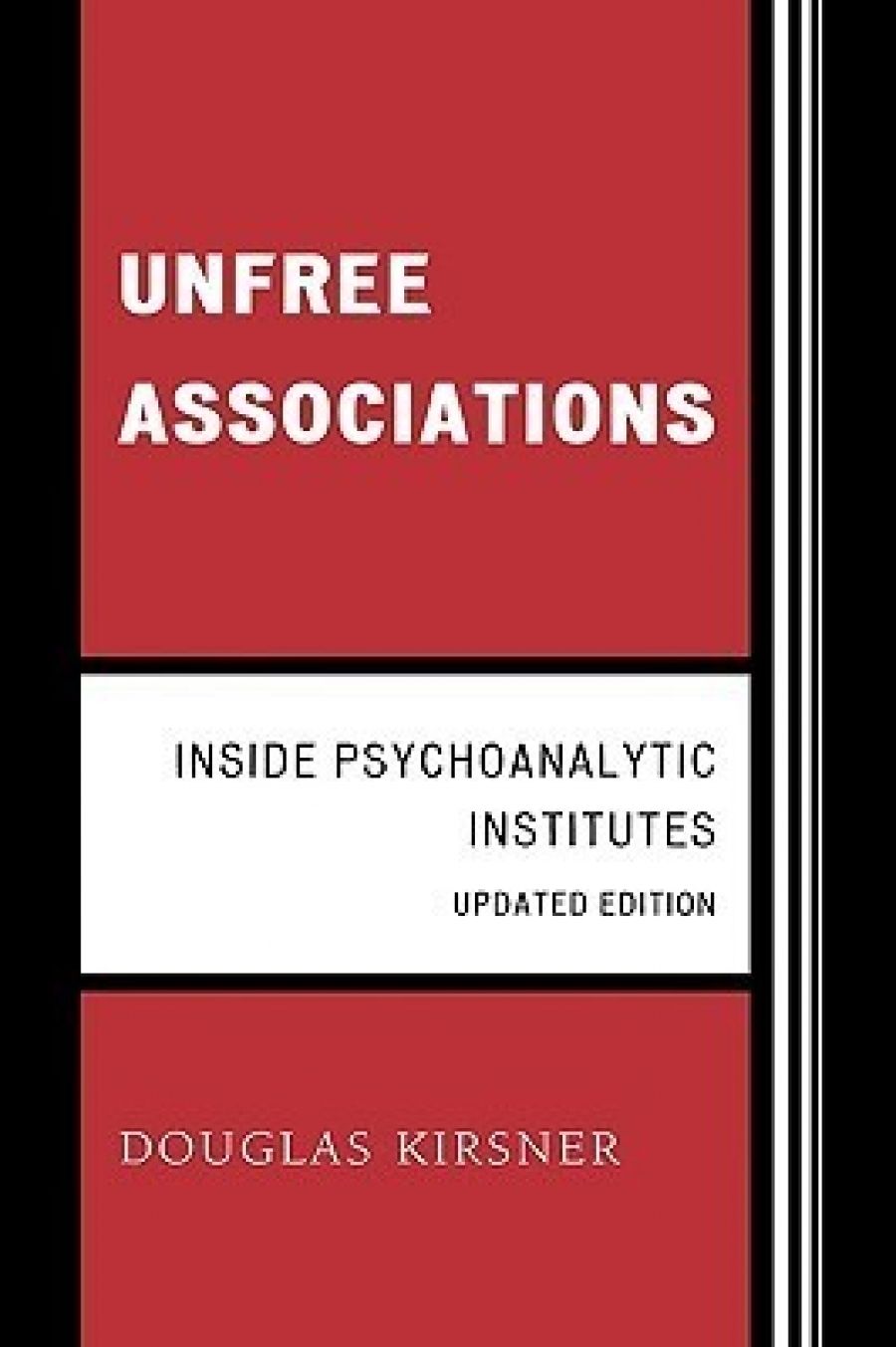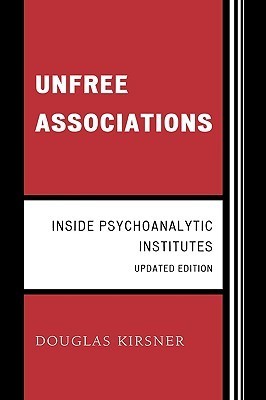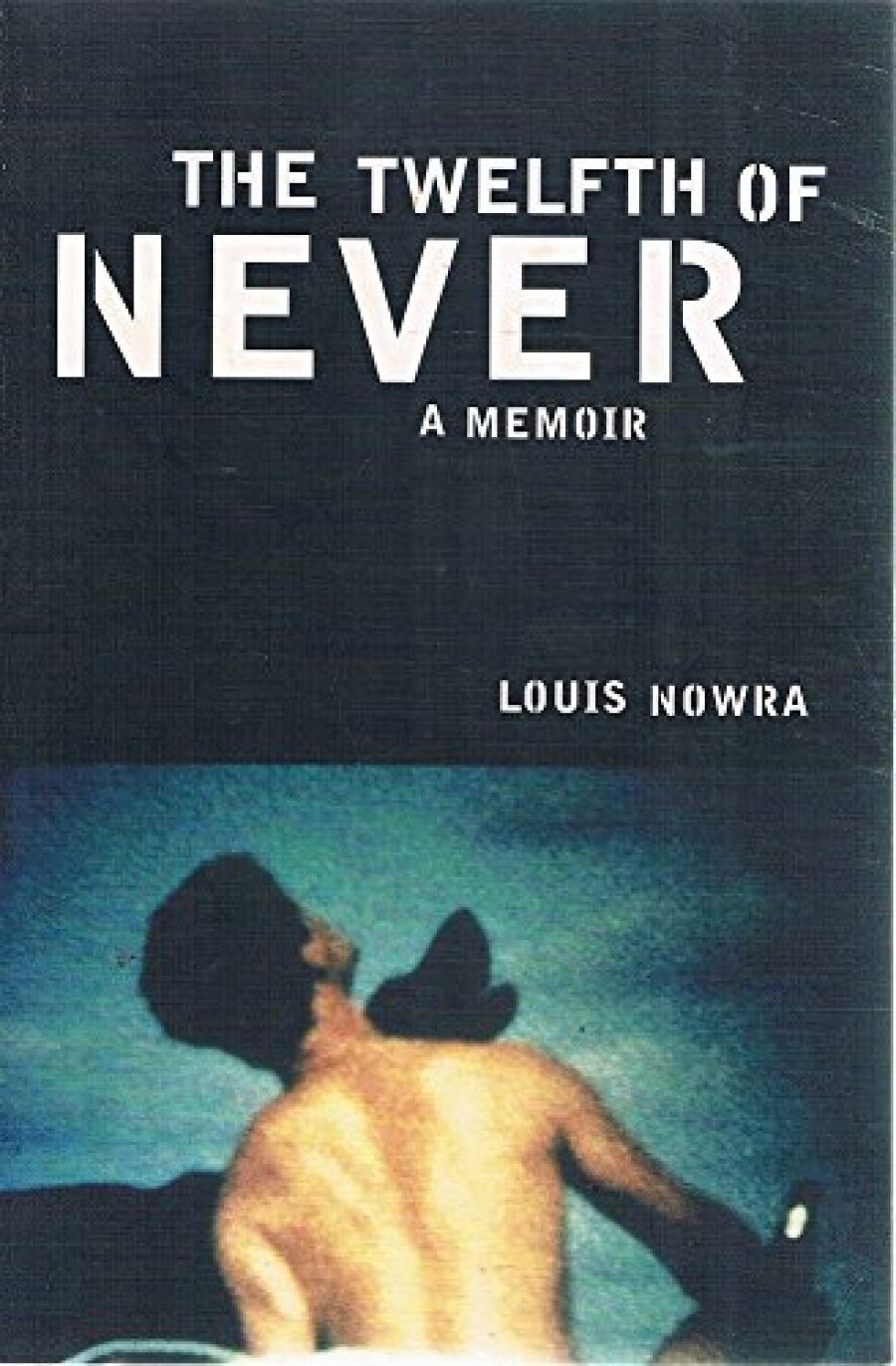
- Free Article: No
- Contents Category: Memoir
- Custom Article Title: David McCooey reviews 'The Twelfth of Never: A memoir' by Louis Nowra
- Review Article: Yes
- Online Only: No
- Custom Highlight Text:
Louis Nowra was born in 1950 and is – as he presents himself in this memoir – that very mid-century thing, an outsider. An outsider in terms of class, mental constitution, and sexuality (for a time), Nowra suffers a worse, and originary, alienation from his mother. Being born on the fifth anniversary of his mother’s shooting of her father ...
- Book 1 Title: The Twelfth of Never
- Book 1 Subtitle: A memoir
- Book 1 Biblio: Picador, $25 pb, 377 pp, 0330361872
Louis Nowra was born in 1950 and is – as he presents himself in this memoir – that very mid-century thing, an outsider. An outsider in terms of class, mental constitution, and sexuality (for a time), Nowra suffers a worse, and originary, alienation from his mother. Being born on the fifth anniversary of his mother’s shooting of her father, Nowra’s existence is caught between dysfunctional expressions of daughterhood and motherhood: ‘I was born a memory of my mother killing her father.’
Such is the dramatic opening chapter of The Twelfth of Never, a tableau worthy of this skilled playwright and screenwriter. But what follows is more leisured, less selfconscious about effect and pacing. Memoirs, we often feel, should not be too self-consciously literary. They should allow for any amount of digression, rocking of hobby-horses, and grinding of at least one axe. The discovery of character should be through indirection, and surprises most effectively come from wide vistas of otherwise-conventional selfhood.
Read more: David McCooey reviews 'The Twelfth of Never: A memoir' by Louis Nowra
Write comment (0 Comments)

